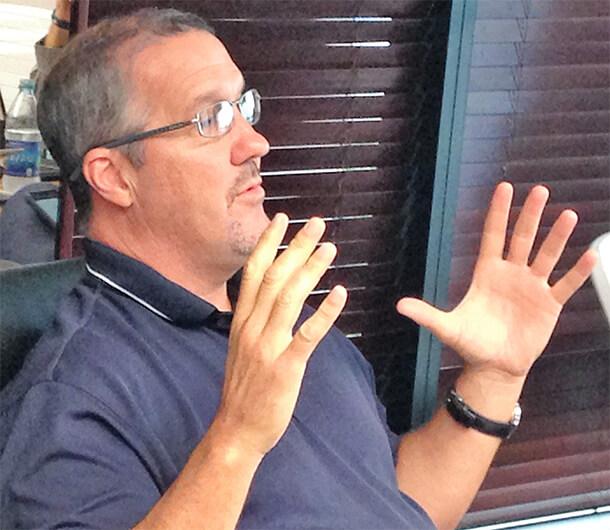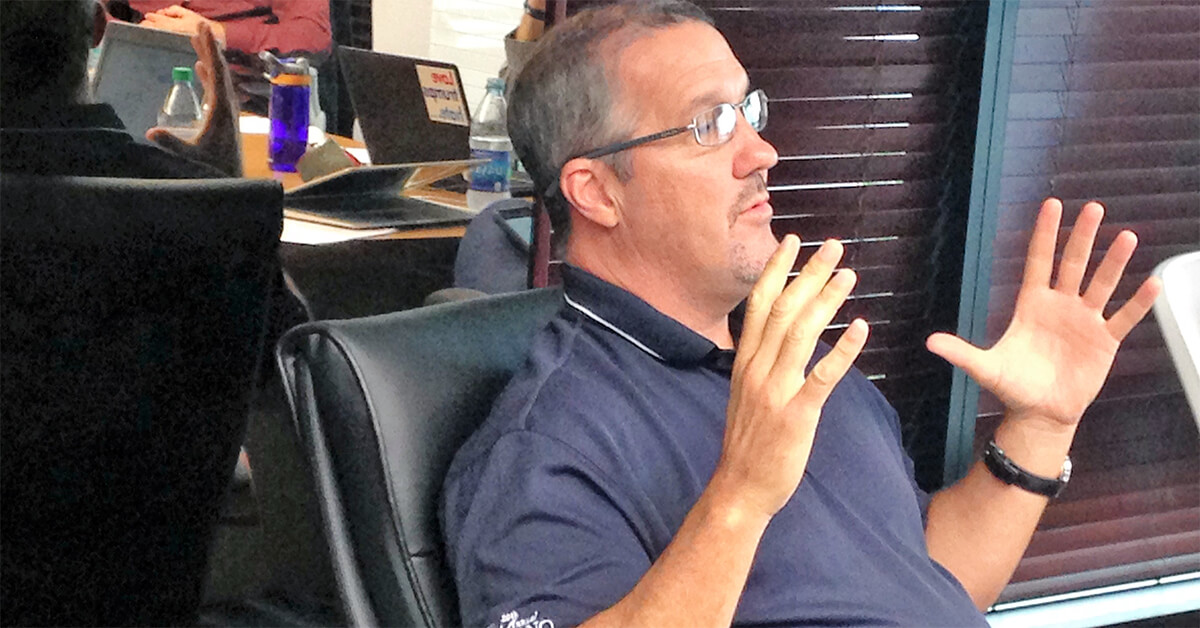
MIAMI – Expanding a union is hard work, especially in a “right-to-work” state like Florida, especially after a national election in which anti-union forces wrested control of the White House and Congress.
Don’t tell that to AFSCME affiliates in Florida.
Undeterred by the odds and determined to build on the recruitment successes of 2016, AFSCME affiliates in the Sunshine State are kicking off an ambitious plan to add 9,000 new members this year. They’re launching a campaign aimed at making prospective members understand the connection between their contracts and their wages, benefits and other kitchen-table issues.
“It’s our job as leaders – with labor being in the state it’s in – to go in and organize. It’s a big part of our focus right now,” said Andy Madtes, executive director of AFSCME Florida. “It’s (about) trying to make the connection between workers and their contract and what the contract affords them through collective bargaining.”
When trying to persuade non-members to join, he added, “you’ve really got to break it down for them and … (say), ‘Look, you’re making an investment in your quality of life. That contract that you have protects you from X, Y and Z and it affords you X, Y and Z.”
AFSCME represents about 110,000 public service workers in Florida. The majority of them enjoy union-negotiated wages, benefits and workplace protections but don’t pay AFSCME a dime in fees or dues.
In August 2015, AFSCME Florida had 12,000 dues-paying members. Thanks to effective and energetic recruitment drives, membership in 2016 grew to 16,000 workers at state, county and municipal governments, K-12 schools, colleges and universities and hospitals.
Florida wasn’t the only state where AFSCME grew last year. In fact, we added new members last year while other unions saw membership declines.
In addition to adding about 4,000 new members, AFSCME Florida had other noteworthy successes in 2016, such as:
- Securing a $14 hourly starting wage for bus drivers in Miami-Dade County, up from $10 an hour.
- Holding the line on health costs for Volusia County employees though the county had sought $4 million in concessions.
- Strengthening collective bargaining agreements to provide wage increases across Florida.
In 2017, AFSCME Florida will focus heavily on recruiting more state workers, many of whom haven’t had raises in years and are worried about their jobs. Gov. Rick Scott and the Florida Legislature continue to pursue an ideological agenda to shrink the size of government even though that will cut services for Floridians.
AFSCME is holding a state worker town hall in Tallahassee this month and is partnering with Working America to organize state workers in the Jacksonville area.
“We’re trying to organize around issues that connect with voters,” Madtes said. “People are pissed off, scared about what the future holds. Yes, they want respect.”
